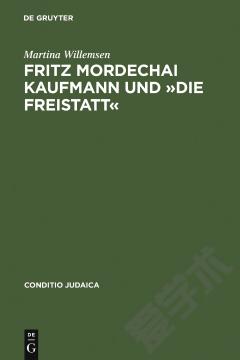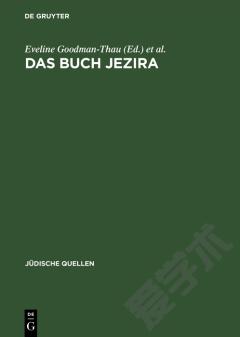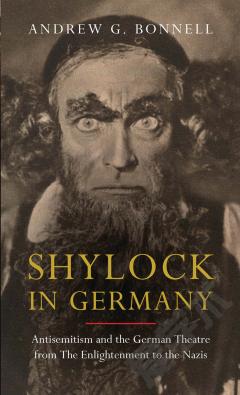Fritz Mordechai Kaufmann Und »Die Freistatt« —— Zum 'alljüdischen' Literaturkonzept einer deutsch-jüdischen Monatsschrift
----- 弗里茨·莫尔德柴·考夫曼和“避难所”:德国-犹太人月刊的“犹太人”文学概念
This book-series, initiated in 1992, has an interdisciplinary orientation; it is published in English and German and comprises research monographs, collections of essays and editions of source texts dealing with German-Jewish literary and cultural history, in particular from the period covering the 18th to 20th centuries. The closer definition of the term German-Jewish applied to literature and culture is an integral part of its historical development. Primarily, the decisive factor is that from the middle of the 18th century German gradually became the language of choice for Jews, and Jewish authors started writing in German, rather than Yiddish or Hebrew, even when they were articulating Jewish themes. This process is directly connected an historical change in mentality and social factors which led to a gradual opening towards a non-Jewish environment, which in its turn was becoming more open. In the Enlightenment, German society becomes the standard of reference - initially for an intellectual elite. Against this background, the term German-Jewish literature refers to the literary work of Jewish authors writing in German to the extent that explicit or implicit Jewish themes, motifs, modes of thought or models can be identified in them.From the beginning of the 19th century at the latest, however, the image of Jews in the work of non-Jewish writers, determined mainly by anti-Semitism, becomes a factor in German-Jewish literature.
{{comment.content}}








 京公网安备 11010802027623号
京公网安备 11010802027623号